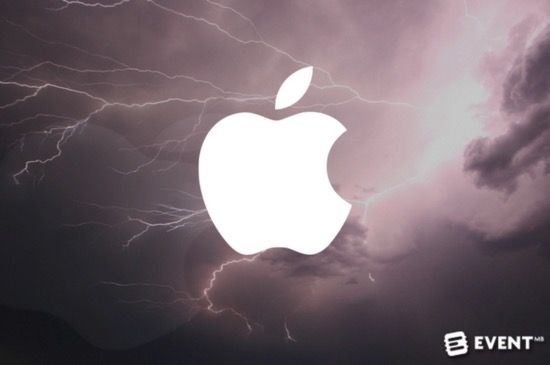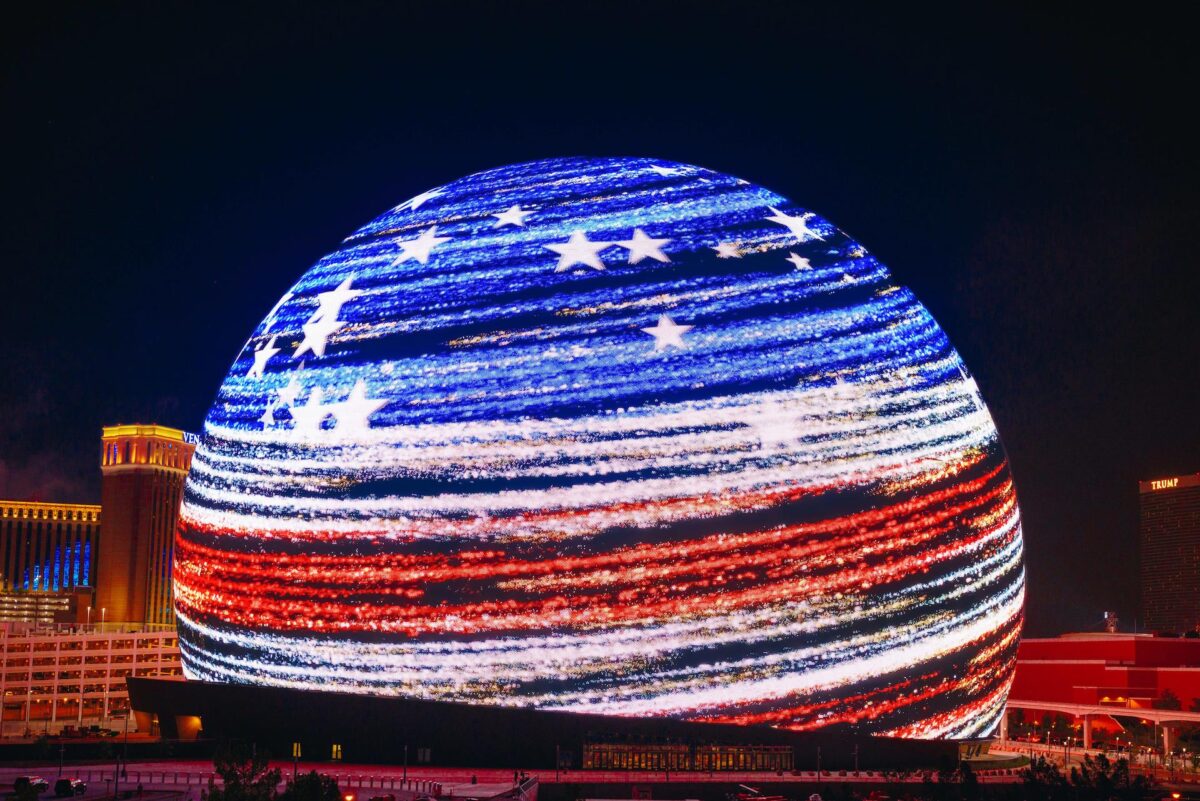An undisclosed source has confirmed developers’ worst fears to Event Manager Blog. In July we reported changes in Apple’s App Store guidelines that could potentially bring an end to templated or white label event apps. Our source has revealed that Apple has started enforcing the new policy, rejecting white label event apps. With hundreds of apps in the approval queue, facing certain rejection, developers are beginning to worry.
##abovethefold##
Which Apps Will Be Affected?
According to our source, Apple will not allow developers any more than one app with the same features. Simply creating a unique look and feel is not enough to guarantee approval. This means many developers creating applications for multiple events using the same base template or feature list will be affected, even if their apps offer a significantly different user experience.
“Since Tuesday we have had three rejected Apps and we are discussing with Apple about this. I understand their reasons to do it, but I don’t understand how they can think that we can change our platforms and business model in one month, that’s not possible.”
– Anonymous developer
With a single brush stroke, Apple has nullified an entire product category. Unless there is a U-turn from Apple, developers will need to act quickly in changing their business model. Those who don’t will simply cease to exist. It’s crunch time for event app developers. The event app landscape is facing a seismic shift and developers need to be ready for a future that looks completely different to how it did just two months ago. Appageddon is here and a new age of event apps is beginning.
What Can White Label App Developers Do?
For now, developers with apps being rejected by the Apple App Store review process should respond in the iTunes Connect Resolution Center with an objection. Apple needs to be made aware of the scale of the problem. For that to happen, every affected developer will need to make a stand. For self-preservation, if nothing else.
In the short term, some developers facing rejection may be able to move to a different app model such as a container app (one app containing many events) or web app. Not an easy challenge and one with many technical and operational hurdles, but for those in a position to do so, it could ultimately save their business.
For existing clients who have already purchased a white label event app, this will be a bitter pill to swallow. Some clients may be unwilling to move to a less branded experience and equally unlikely to pay for more development. The worst case scenario is that some developers may lose clients altogether, after having put time and effort into making an app.
An Urgent Call To Developers
It’s likely that most, if not, all event app developers will face problems as a result of the new App Store guidelines in the very near future. Several developers are already talking to Apple about the issue but as far as we are aware, there is no sign of Apple giving in to individual demands.
We have been asked to put out a call to event app developers suffering the same problems. By uniting with one single voice representing many, event app developers may be able to make enough noise to make Apple listen.
Please contact us if you are an app developer suffering rejected white label apps.
Knock-on Effect For Eventprofs
There is also a concern for the event industry at large. In the short term, this will cause delays and obstructions to events who have opted for – and even paid for – a white label event app solution. For now, eventprofs will need to be sympathetic to the situation unfolding for developers where possible. They are without a doubt working to fix the problem and get your app released.
What Does The Future Hold For White Label Event Apps?
As it stands, the future for white label apps looks very grim but that need not be the case for their developers. Mobile technology is advancing at an incredible rate, continually opening doors for innovation. With many event app developers already pushing the envelope, the future remains bright, despite Apple’s dark clouds.
A change of business model isn’t easy but for some developers, it may be the only way to survive. There will, of course, be a steep learning curve. Other options for event app developers include:
- Container apps. As the name suggests, these apps provide the end user with a single point of entry for many events.
- Web apps. Event applications which run in the mobile web browser with no need to download a native app.
- Hybrid apps. These are a mix of native and web apps. The entry point is a native app but the content is provided via an integral web browser.
- Completely unique, bespoke apps. Although white labeling may no longer be possible, apps built from the ground up with the unique interests of the client may still be in with a shot of approval.
What is Apple’s Position on White Label Event Apps?
To date, Apple has neither confirmed or denied that it is taking a hard stand on the issue but with no sign of change being seen by app developers its position appears clear. It doesn’t want any developer releasing more than one app with the same feature list. There appears to be no sign of malicious intent on Apple’s behalf.
There is no reason Apple shouldn’t listen to developers if they make their voice loud enough to be heard. It seems unlikely that Apple would intentionally want to destroy an entire product category in this way. The purpose of the restrictions in Apple’s guidelines is to improve the App Store experience by preventing the proliferation of spammy apps.
In Conclusion
By uniting and speaking to Apple with one clear voice, event app developers could prevent Apple from wiping out an entire product category. In the short term, developers will need to act quickly to work around crippling App Store guidelines. It’s “innovate or die” for now. Let’s make Apple listen and secure the future of event apps.
Please contact us if you are an event app developer suffering from rejections based on Apple’s new App Store Guidelines.





